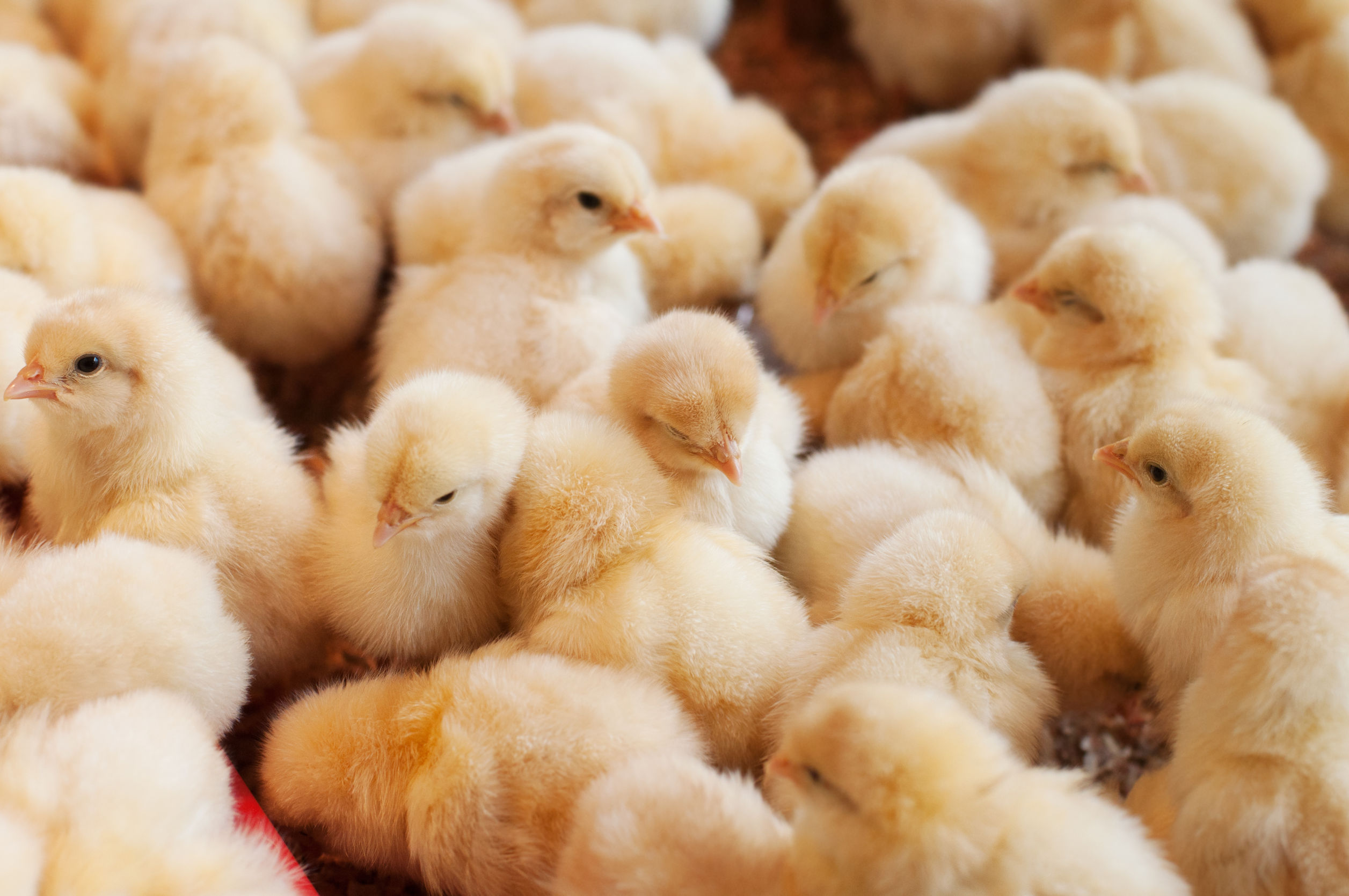
If you’ve purchased chicks from Cackle Hatchery in the past, you may have noticed that we offer our customers the opportunity to vaccinate all of our chicken breeds against Marek’s disease. This highly-contagious viral disease causes chickens to develop a variety of devastating symptoms such as vision impairment, partial paralysis and cancerous tumor growth on internal organs. Symptoms like paralysis typically begin to appear between 3 and 6 months of age.
Once a chicken with Marek’s is introduced to an unvaccinated flock, it can quickly spread and begin killing otherwise healthy chickens. There is no cure for the disease, so it can only be controlled with preventative measures and responsible flock management practices. Marek’s disease is particularly dangerous in industrial settings where chickens are packed together in tight quarters, but many hobby farms with smaller flocks choose to vaccinate their chickens against Marek’s as well.
Whether or not you vaccinate your chickens is ultimately a personal choice, but there are a few important factors to keep in mind before you make a final decision.
It’s often not necessary to vaccinate Cornish hens and other meat birds, because they will be slaughtered in just a few months. Many of our customers choose to vaccinate laying breeds, however, because they can continue to produce eggs for several years.
It’s also worth considering whether or not you plan on adding more birds to your flock in the future. If you’re raising a small flock with a limited number of chickens, the risk of them contracting Marek’s disease will be relatively minimal. But if you plan on adding more chickens to the flock from other sources, vaccination can prevent disease transmission between your old and new birds. Even if you do vaccinate your flock, it’s still a good idea to quarantine new flock members for at least 30 days to monitor them for disease.
You should also be sure to vaccinate new additions to your flock if you’ve ever had a Marek’s outbreak on your property in the past. Following an outbreak, the Marek’s virus can survive on surfaces for years.
The best way to prevent disease transmission in your flock is to provide your chickens with a clean coop and plenty of living space. That said, Marek’s vaccinations can offer valuable peace of mind to people who exclusively keep laying breeds or regularly add new chickens to an existing flock.
And that’s today’s new from the Cackle Coop!



Why not give marek vaccine to bantams?